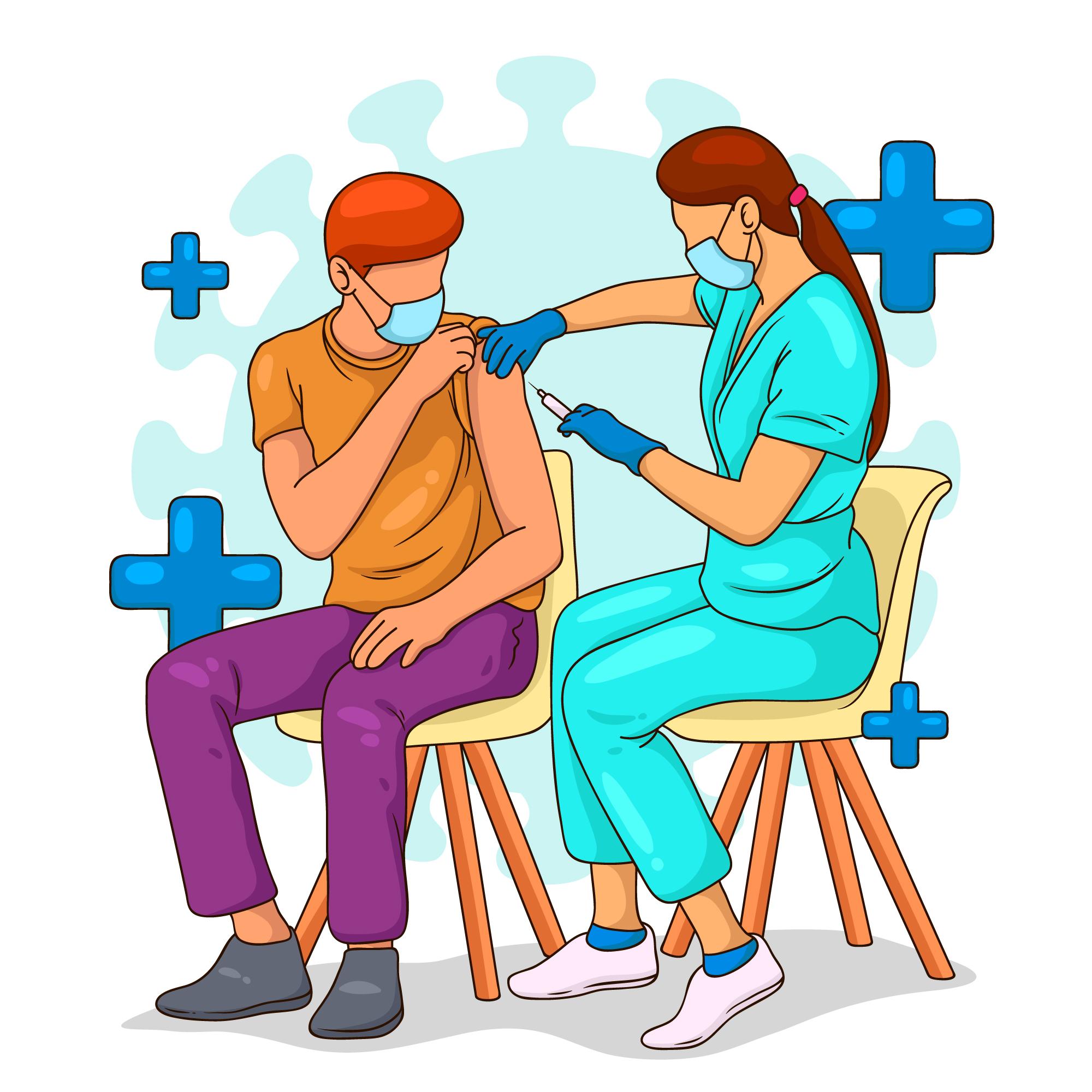
Vaccines work by training the body’s immune system to recognize and fight off infectious diseases. When a person is vaccinated, their body produces antibodies and other immune cells that recognize and attack the pathogen (such as a virus) that the vaccine is designed to protect against. If the person is later exposed to the real virus, their immune system is already prepared to fight it off and prevent the person from getting sick.
Vaccines are typically designed to protect against a specific strain of a virus. The vaccines that have been developed to protect against SARS-CoV-2, the virus that causes COVID-19, are effective against the most common strains of the virus that have been circulating. However, it is possible for the virus to mutate and for new strains to emerge.
If a new strain of the virus, such as the BF.7 variant, arises and is significantly different from the strains that the existing vaccines are designed to protect against, the vaccines may not be as effective against the new strain. In this case, it may be necessary to develop a new vaccine or to modify the existing vaccine to better protect against the new strain.
It is important to note that while vaccines are not always 100% effective, they can still provide significant protection against a virus and help to reduce the severity of illness if a person does get sick. In addition, even if a vaccine is not fully effective against a particular strain of a virus, it can still help to reduce the spread of the virus by providing partial immunity to those who have been vaccinated. This is known as herd immunity.
For more such articles, visit https://blog.phleboindia.com/
Refs-

